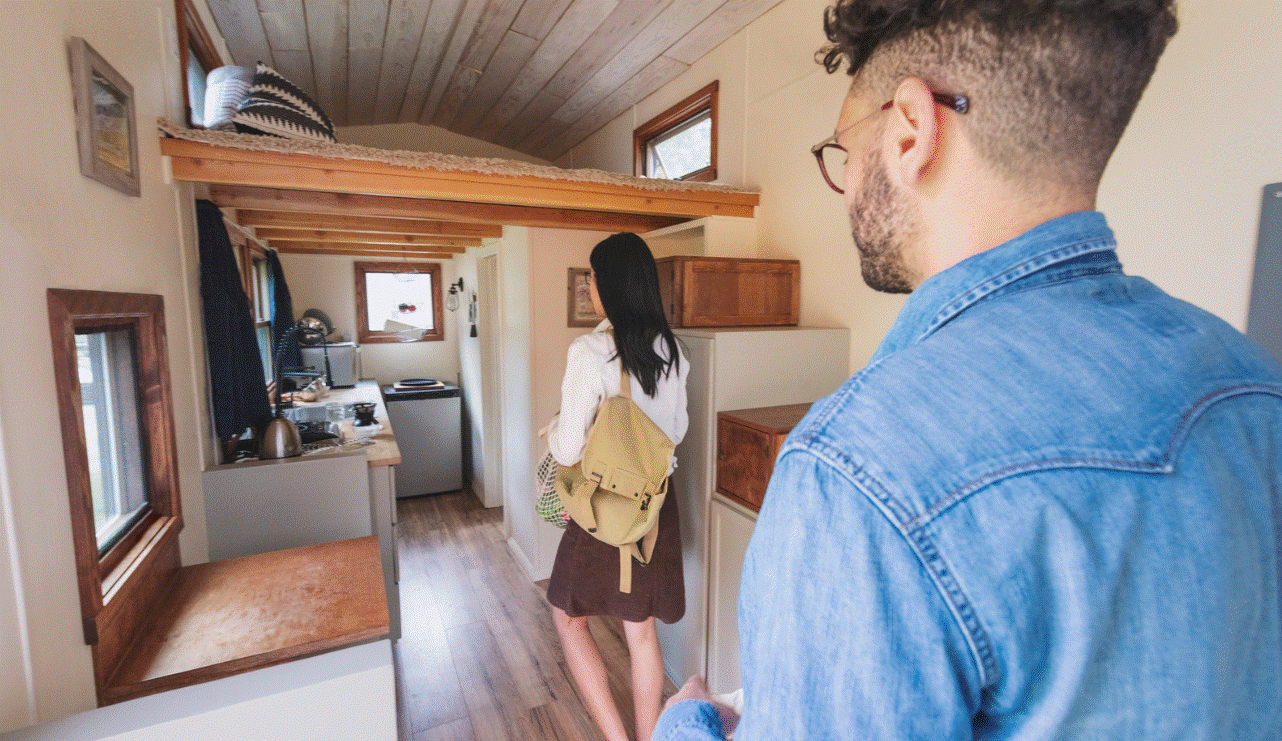The Psychology of Home Pricing: Why It’s More Than Just the Numbers
When it comes to real estate, pricing a home seems like it should be straightforward: look at the comps, factor in the square footage and condition, and land on a fair number.

Homeownership has long been considered a cornerstone of the American dream, but it's not the only path to a stable and fulfilling life. With shifting economic landscapes, high home prices and evolving lifestyles, alternatives to traditional homeownership are gaining traction. Let's explore some viable options that offer financial flexibility and lifestyle freedom.
Renting with Flexibility
One prominent alternative to owning a home is renting. Renting provides a level of flexibility that homeownership often lacks. Renters can easily relocate for job opportunities, experience different neighborhoods, and avoid the burdensome responsibilities of home maintenance. In an era where job markets are dynamic and remote work is on the rise, renting can be an attractive option for those seeking adaptability.
Co-living Spaces
For those who value community and shared experiences, co-living spaces have emerged as a modern alternative. These setups involve individuals or families sharing living spaces, often with communal amenities and shared responsibilities. Co-living not only reduces the financial strain of living alone but also fosters a sense of belonging and shared purpose.
Real Estate Investment without Ownership
Interested in real estate without committing to a mortgage? Real estate investment trusts (REITs) offer an opportunity to invest in the real estate market without the responsibilities of property ownership. REITs allow investors to buy shares in a diversified portfolio of real estate assets, providing potential returns without the need to manage properties directly.
Tiny Homes and Minimalist Living
The tiny house movement has gained popularity as a response to the desire for a simpler, more sustainable lifestyle. Tiny homes, often under 500 square feet, offer an affordable and eco-friendly alternative to traditional homeownership. Embracing minimalism, tiny house dwellers prioritize experiences over possessions and enjoy the financial freedom that comes with a smaller living space.
Lease-to-Own Programs
Lease-to-own programs bridge the gap between renting and traditional homeownership. These programs allow individuals to lease a property with the option to buy it later, providing time to save for a down payment or evaluate the suitability of the home. This alternative combines the benefits of renting with the potential for homeownership down the road.
While homeownership remains a significant milestone for many, it's essential to recognize that it's not the only path to financial stability and a fulfilling life. Exploring alternatives such as renting with flexibility, co-living spaces, real estate investment without ownership, tiny homes, and lease-to-own programs can open up new possibilities for individuals seeking a different approach to housing. Ultimately, the key is finding a solution that aligns with personal goals, values, and lifestyle preferences.